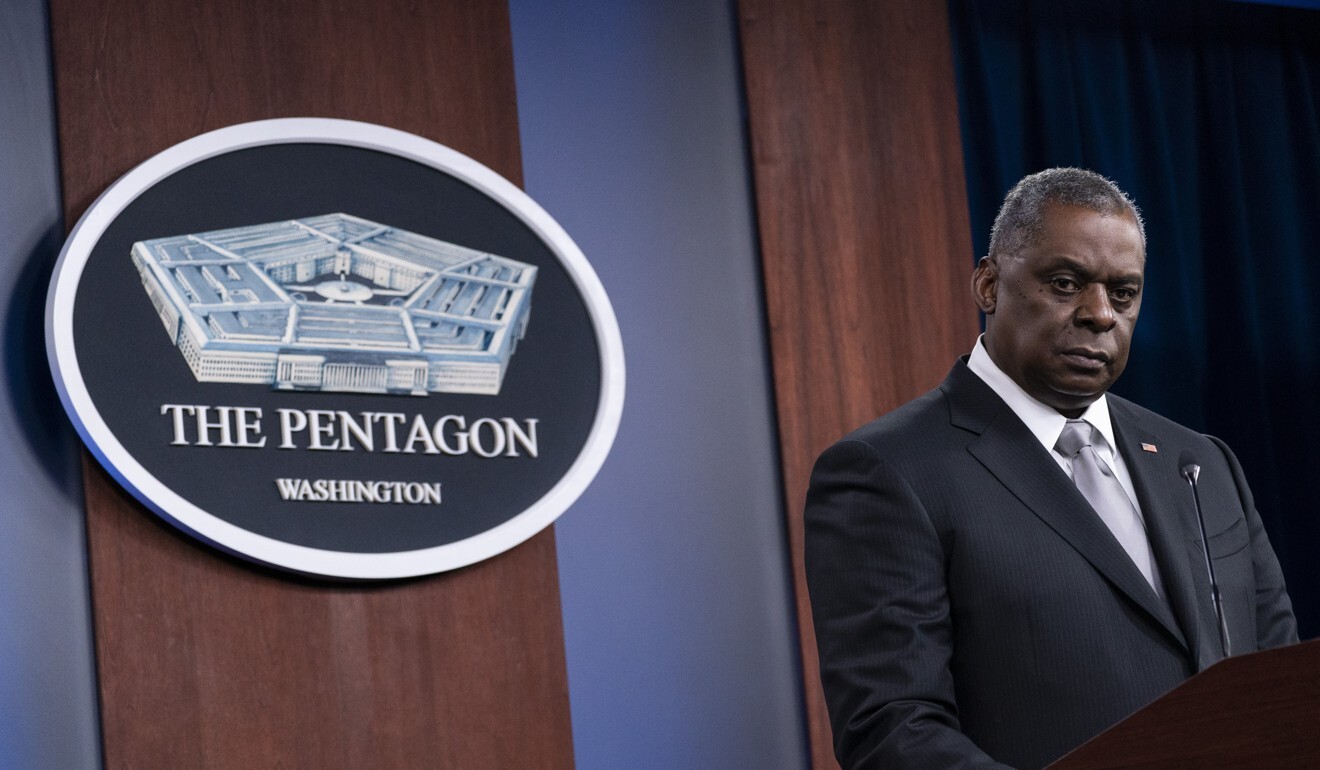
China likely to be hot topic when top US officials visit Japan, South Korea, observers say
- US Secretary of State Antony Blinken and US Secretary of Defence Lloyd Austin will meet their counterparts in Tokyo and Seoul ahead of talks with China’s top diplomat in Alaska next week
- US will be seeking support from Asian allies on issues relating to China and the Korean peninsula, academic says
The United States will raise its concerns about escalating regional pressure from China in strategic talks with Japan and South Korea this week, as it seeks to rebuild its alliances ahead of a high-level meeting with Chinese diplomats in Alaska, analysts say.

Zhou Yongsheng, a professor at China Foreign Affairs University in Beijing, said the US would seek greater support from Tokyo and Seoul on issues relating to China and the Korean peninsula, and would go into the Anchorage meeting with more assurances and a better understanding of its allies’ positions.
“The timing is an intentional arrangement, since Biden’s international strategy is to first strengthen its alliances, reach a consensus among its allies and then work together with them to confront China,” he said.
Zhou said Tokyo would also be concerned that Beijing might seek to forcefully bring the self-ruled island of Taiwan under its rule, describing the situation in the Taiwan Strait as having reached “a very dangerous brink”.
Admiral Philip Davidson, commander of the US Indo-Pacific Command, said last week he was worried China might invade Taiwan within the next six years.
US acting assistant secretary of state for East Asian and Pacific affairs Sung Kim told reporters that China would feature “prominently” in the conversations in Tokyo and Seoul but would not necessarily “dominate the conversations”.
Other agenda items included cooperation on the coronavirus pandemic, climate change, North Korea, human rights and the rule of law, he said.

Takashi Terada, a professor of international relations at Doshisha University in Kyoto, said Japan would be hoping to secure American commitment to defend the East China Sea and to bolster its security alliance with the US.
He said anxieties were growing in Tokyo about China’s new maritime law, which took effect last month and gave quasi-military status to China’s coastguard near the Diaoyus.
“This will be Blinken and Austin’s first in-person overseas trip under the Biden administration, illustrating the level of US engagement in the Indo-Pacific security,” he said.
Others said that while Japan might be inclined to work with Washington on China, South Korea was likely to be more reluctant to adopt a confrontational approach towards its giant neighbour.
China should brace for ‘difficult’ issues during Alaska meeting, US says
Lee Seong-hyon, director of the Centre for Chinese Studies at the Sejong Institute in Seoul, said South Korea was likely to want to make the meeting “less anti-China”, as it had to find a way to work with China while prioritising its alliance with the US.
“Washington will not push Seoul too hard this time,” he said. “Rather, [it] will try to highlight restoring the alliance … and the spirit of strengthening trilateral cooperation among Washington-Seoul-Tokyo. Washington knows too well that it takes time to earn the trust from its allies back, after four years of Trump belittling allies.”
Liu Zongyi, an associate research fellow at the Shanghai Institutes for International Studies, said that the US wanted to use the meetings to reaffirm its security commitment to Japan, while for Seoul the focus would be on North Korea and how to ease tensions with Tokyo.
“The issues in the Japan and Korea meetings are different, but the purpose is clear for the US to strengthen its relationships with these allies,” he said.
“They are taking place before the China-US talks in Alaska to add more pressure on China.”
Additional reporting by Kinling Lo

